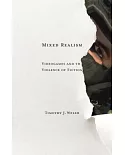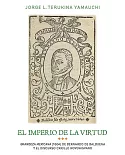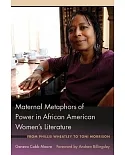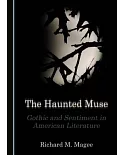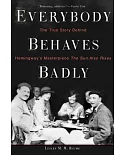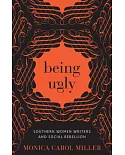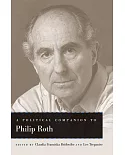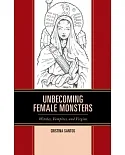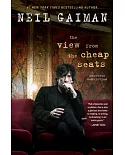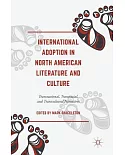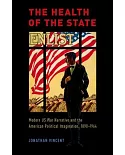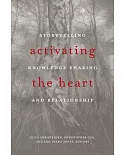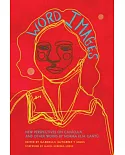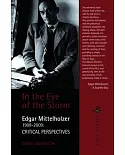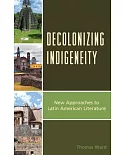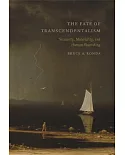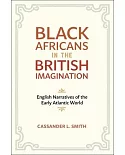Truman Capote was one of the most gifted and flamboyant writers of his generation. He's well known for his first two books, Other Voices, Other Rooms and Breakfast at Tiffany's, and for his
nonfiction novel In Cold Blood, which most critics called a masterpiece of artistic reportage. What has received comparatively little attention, however, is Capote's last, unfinished book,
Answered Prayers, a merciless skewering of cafe society, of the high class women Capote befriended and called his "swans." When excerpts appeared he was immediately blacklisted, ruined
socially, labeled a pariah, a traitor. Capote recoiled--disgraced, depressed, virtually friendless. In Tiny Terror, William Todd Schultz, one of the world's most esteemed psychobiographers,
examines the perplexing Answered Prayers mystery. Through the use of findings from recent attachment research as well as script theory, Schultz unpacks Capote's early years in the South, his
relationship with his doomed, self-obsessed mother Lillie Mae, and his infinitely colorful childhood in Monroeville, Alabama, where he was raised by eccentric, spinsterish aunts. Particular
personality patterns are identified, sets of attachment-related strategies that persisted into adulthood and determined much of what Capote did, felt, said, and wrote, including Answered
Prayers. What emerges is a cogent, immensely insightful portrait of an artist on the edge, brilliantly but self-destructively biting the manicured jet set hands that fed him. Was Truman human,
the literati wondered? He was, according to Schultz, all too human in fact. But he burned, too, his final years a numbed miasma of drugs and alcohol, from which he never recovered.


